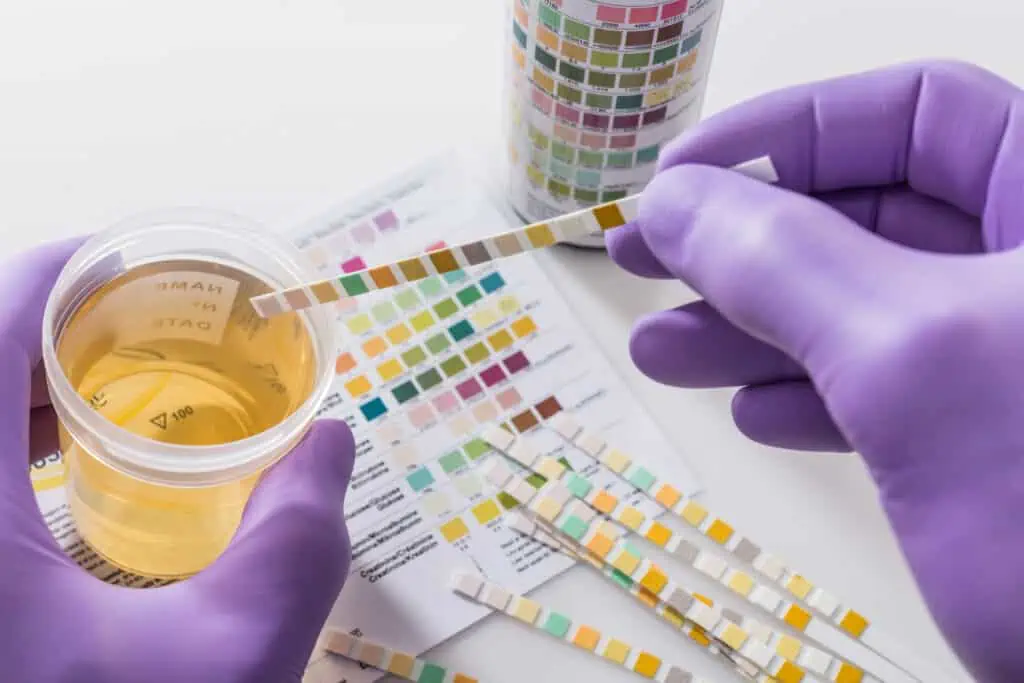By: Department of Transportation Office of Drug and Alcohol Policy & Compliance
As a collector for DOT- regulated urine drug tests, you have an important and vital role. Doing your job correctly means ‘Do it Right the First Time and Every Time’.
Don’t fall into the trap of developing bad habits or cutting corners because you do collections day-after-day and they become routine. Instead, focus on each and every step because completing those steps correctly is a critical component of transportation safety. Focus on being a professional by ‘Doing it Right the First Time and Every Time’.
Being a professional means treating the employee with respect and performing collections correctly. Employees are merely trying to get through the collection process and it’s your job to assist them to successfully complete the collection by ‘Doing it Right the First Time and Every Time’.
When performing collections focus on the following:
- Ensure the collection site is secure (no access to water and remove anything in the area an employee could use to beat the test).
- Check the employee’s photo ID.
- Explain each step of the collection process to the employee.
- Ensure the employee did not bring anything with which to beat the test. Have them show you what’s in their pockets and other than their wallet, do not allow them to take anything into the bathroom (e.g., no outer clothing, bags, or personal belongings).
- Confirm the correct DOT Agency is identified in Step 1 of the CCF
- Open the sealed collection cup in the employee’s presence.
- Check the specimen for sufficient volume (45 mL), temperature (F 90-100), and signs of unusual color, odor, or other signs of adulteration.
- Always collect a split specimen. Take the single void and split it (30 mL for A bottle, and 15 mL for the B bottle). Never collect from separate voids to create one specimen of sufficient volume.
- Do not let the unsealed specimens out of your or the employee’s view.
- In the employee’s presence, seal both bottles and have the employee initial the seals.
- Check the seals to be sure they did not break after the employee initialed them.
- Double-check that you and the employee completed all the relevant sections of the CCF. (Sequence of completion for the CCF – Step 1, 2, 3, 5, 4).
- Ship the sealed specimens and CCF to the correct HHS-certified lab within 24 hours of the collection or the next business day.
- Transmit copies of the CCF to the MRO and employer within 24 hours of the collection or the next business day.
- Document, document, document in the REMARKS section when needed. The more information, the better – especially in unusual or problematic collections.
Do not forget the following:
- If the employee does not show up for a pre-employment test, it may not be a refusal…just tell the employer that the employee was a no-show.
- Always tell the employer if the employee’s actions appear to constitute a refusal to test (the employer will make the ultimate decision).
- Complete and respond to laboratory or MRO requests for signed Memorandum for the Record (MFRs) within the timeframe required by the lab or MRO.
Department of Transportation (DOT) – Office of Drug and Alcohol Policy & Compliance. (May 2023). ‘Back to Basics’ for Urine Collectors retrieved from the Office of Drug and Alcohol Policy & Compliance’s ‘Back to Basics’ for Service Agents.


